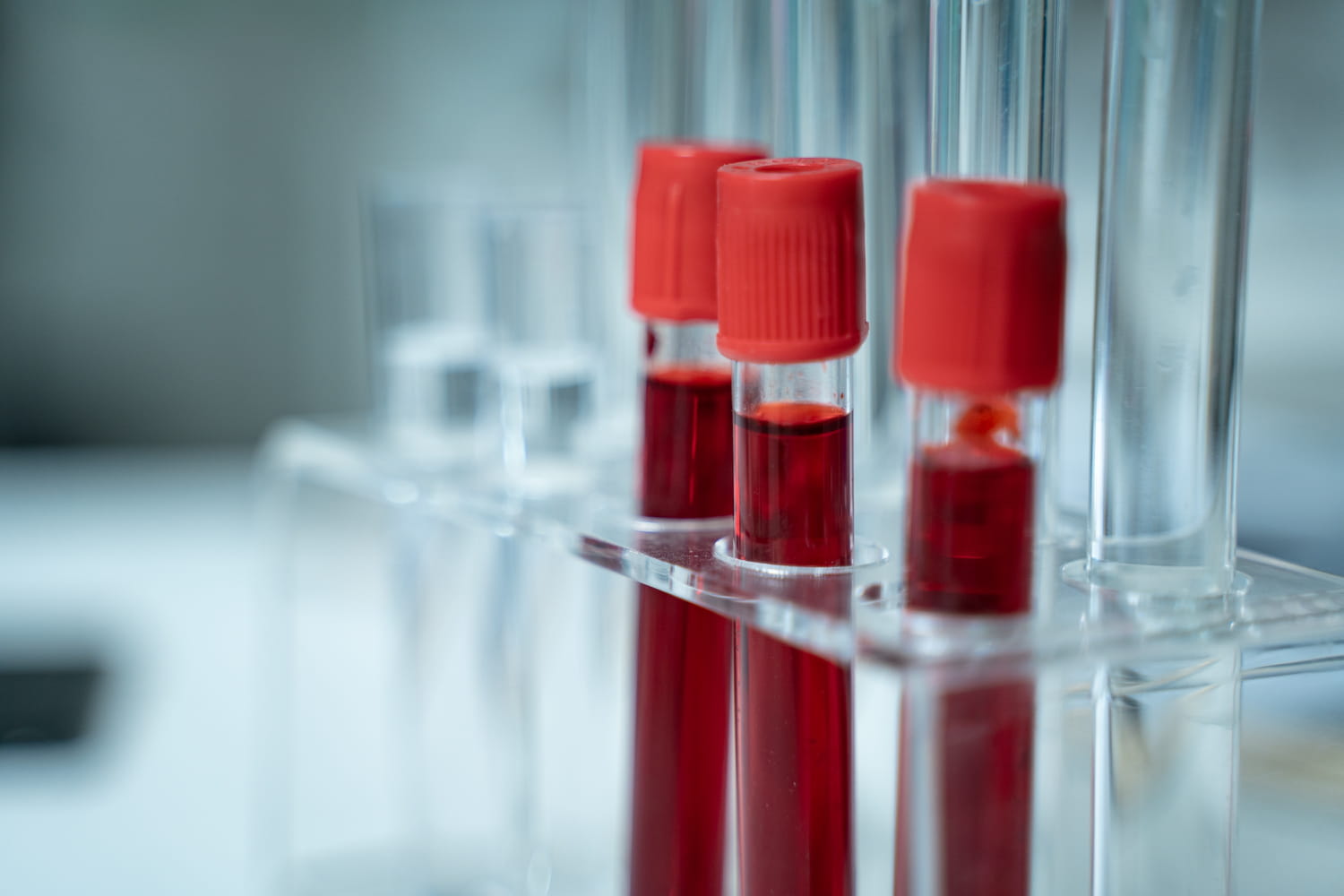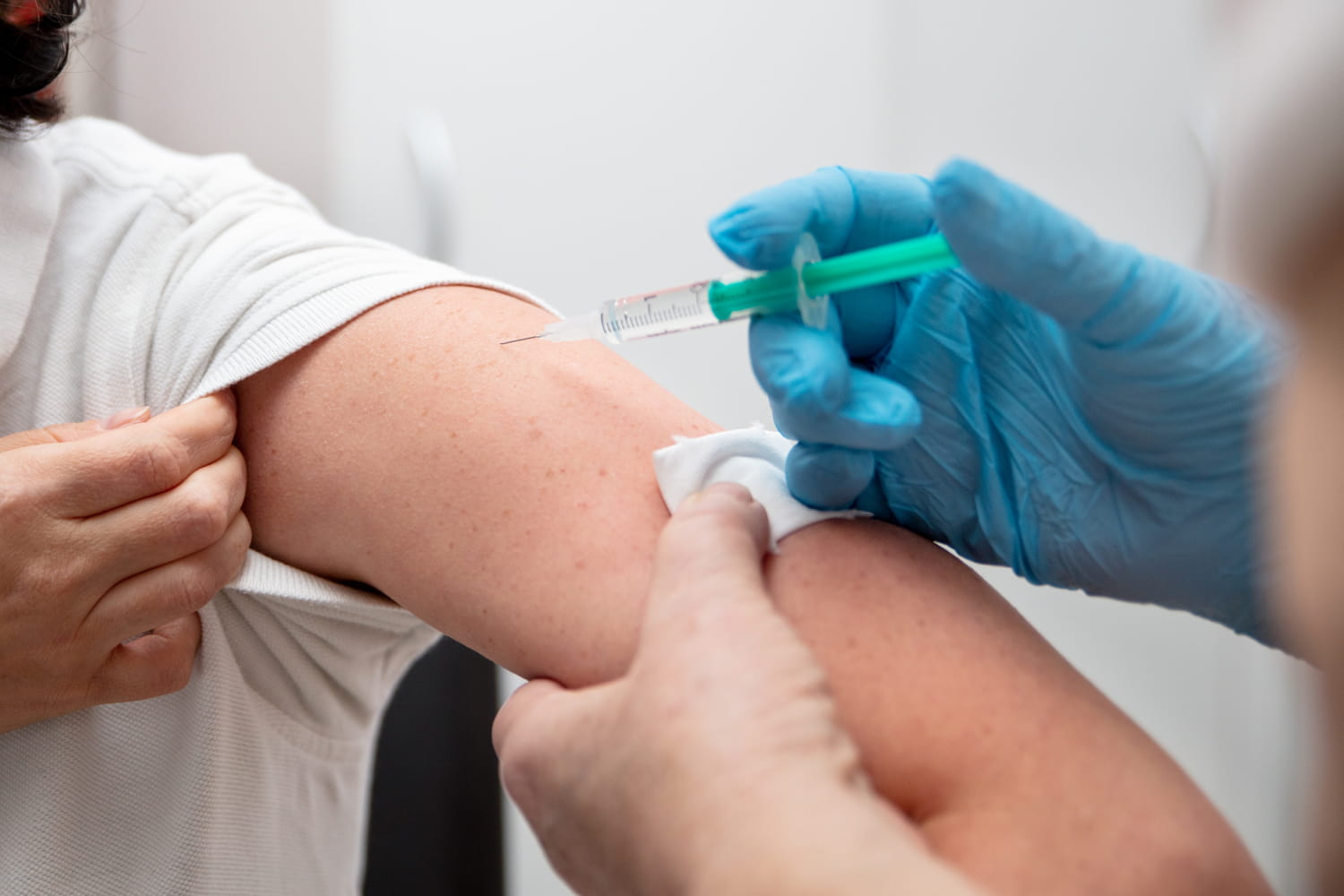Studies suggest an advantage against certain infections.
Every human being has their own blood type. Blood groups are determined genetically, based on the presence or absence of proteins or sugars on the cell surface. “Certain groups, like the ABO system, are produced indirectly by genes: they correspond to sugars present on cells. Others, called direct, are linked to proteins located on red blood cells”explains Professor Jean-Daniel Tissot, hematologist and former dean of the Faculty of Biology and Medicine in Lausanne. This biological diversity would explain the multiplicity of systems and the richness of combinations observed in human populations.
Studies have suggested a slight advantage of a particular blood type against certain infections. Can we then say that one blood group is “stronger” than another? “Yes and no” replies the specialist. “There are differences in susceptibility to certain diseases, but nothing that allows us to establish a hierarchy between groups” he continues. The blood group perceived as “stronger” according to research is group O. “Group O confers some protection against infectious diseases” confirms the expert.
People in this group would have a lower risk of COVID-19 and better resistance to certain severe forms of malaria. This resistance could, according to him, have resulted from ancient genetic pressure: “Blood group diversity was likely maintained over millennia because it offered advantages against some now-extinct pathogens.”
But no group is “perfect”. “Group O people are also less susceptible to bleeding disorders”he observes, while “Groups A, B and AB have a higher risk of cardiovascular disease or thrombosis.” The subjects of group A would also have “a slightly more marked predisposition to stomach cancer.”
For Professor Tissot, the notion of “strong group” therefore remains entirely relative. “Immunity to infections is secondary to other factors, such as lifestyle or age. Blood type matters mainly for transfusion and transplantation, not in daily health.”









